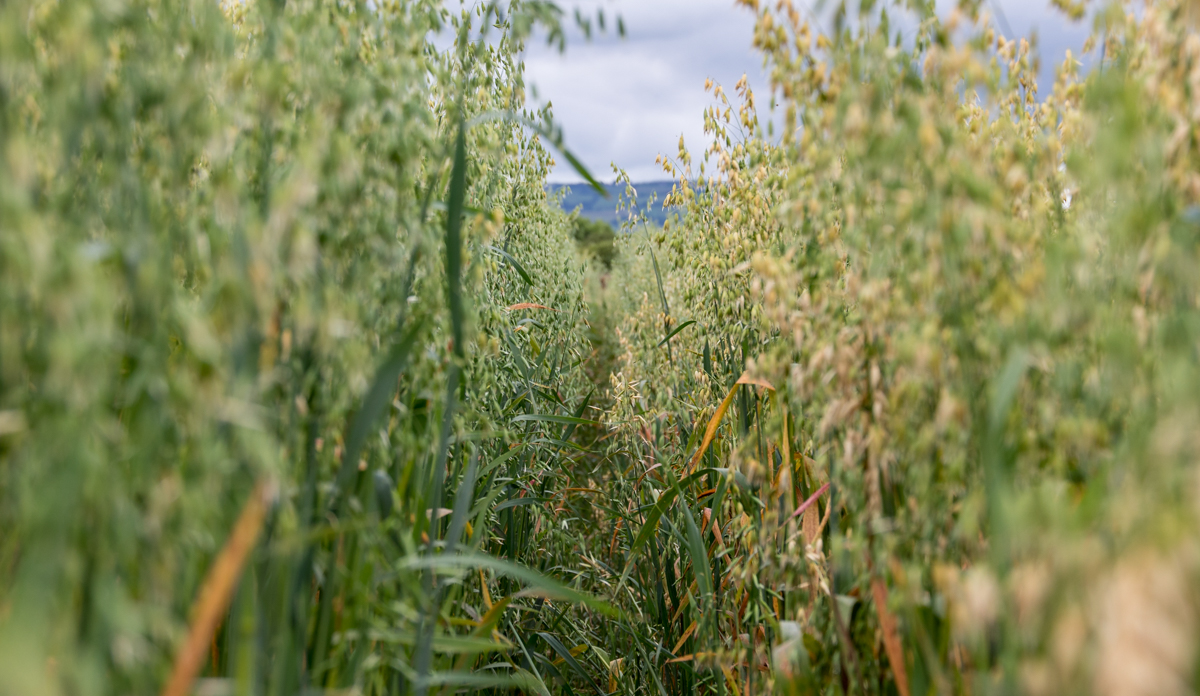Teagasc plant breeders are currently assessing the genotype of heritage oat varieties that were grown in Ireland many years ago.
Their aim is to unlock some of this previously identified ‘crop potential’ in ways that will deliver new levels of sustainability for oats in the 21st century.
Dr. Ewen Mullins, head of Teagasc’s crop science department, told Agriland: “As we look to the future, there will be requirement to grow crops with a significantly reduced carbon footprint.
“Where oats are concerned, the challenge is that of developing new varieties that will retain current protein values, but will require a substantially reduced nitrogen fertiliser input.
“We believe that heritage varieties may hold the key to unlocking this conundrum.”
Oat research
Courtesy of the European Union’s Healthy Oats’ project, researchers in Ireland and Wales were awarded €2.7 million in 2021 to explore the development of oat varieties that are climate-resistant and have high nutritional value and superior health benefits.
From an Irish perspective the research organisations involved are University College Dublin (UCD) and Teagasc.
The other research focus, where oats are concerned, is the identification of crops’ bespoke agronomy-related needs at their different growth stages. The end game here will be the production of an oat growers’ guide.
“We have already followed this approach, where barley and winter wheat crops are concerned,” Mullins continued.
It is envisaged that the new guide will be launched in time for the 2025 growing season, representing an extremely useful management tool for Irish oat growers.
However, this will be far from the completed picture as Teagasc’s ongoing trial work will, almost inevitably, throw up issues that will require further research well into the future.
“Oats are different from other cereal crops in the way they are managed,” Mullins commented.
“E.g., we know that autumn-sown crops can be susceptible to frost damage when a number of specific weather-related events concur.”
But the good news is that oats have the potential to be real game changer within Ireland’s tillage sector.
They form the perfect break crop within a cereal rotation. Oats grow well in temperate climates and are inherently resistant to many of the diseases that impact on other cereal options.
From a growing point of view, they are also a very low input crop. Oats have a tremendous ability to scavenge nutrients from the soil.
The same varieties can also be used as both autumn and spring planting options.
